‘Why do I feel so uncomfortable?’ Prince Harry reveals psychotherapy treatment in new Apple+ doco
The Duke of Sussex has let TV cameras into an intensely personal aspect of his life – therapy. WARNING: Distressing content
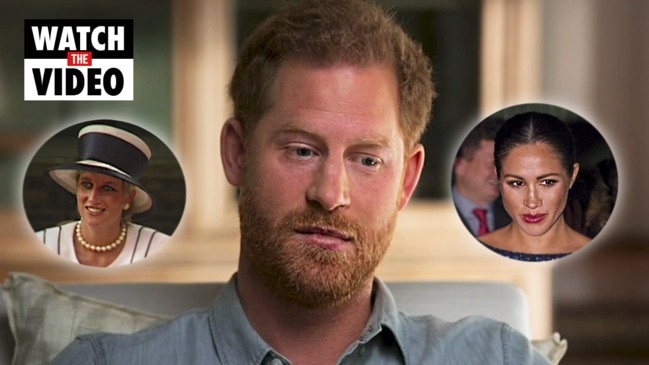
World
Don't miss out on the headlines from World. Followed categories will be added to My News.
Prince Harry let the The Me You Can’t See cameras capture a session of a relatively new psychotherapy treatment he is undergoing called EMDR, to help deal with childhood trauma stemming from the death of his mother Princess Diana.
In Finding What Works, the third episode of the docuseries, he is filmed sitting on a couch in the family’s Santa Barbara home working with his therapist Sanja Oakley on processing disturbing memories from his past.
They are exploring why he always feels heightened anxiety whenever he would fly back into London.
“Why do I feel so uncomfortable? For me, London is a trigger, unfortunately, because of what happened to my mother and what I experienced and what I saw,” he said.
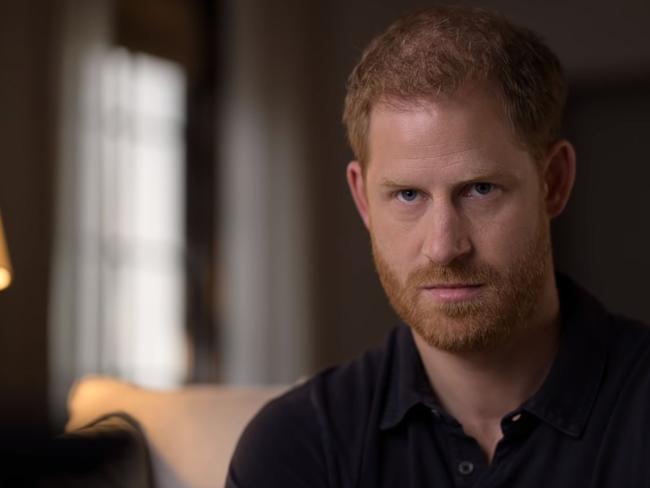
In the session, he recalls a trip to Africa with his father not long after his mother’s death in 1997 and how free he felt there, reaffirming why the continent has been a regular escape for him and where he took his future wife on a surprise trip for their third date.
“One of the first times I left the UK, to get away from all the fallout of my mum’s death, was to go to Africa,” he said.
“I think I was out there for at least two weeks and it was such a cure. I felt so free, it was a sense of escapism that I’d never felt before.
“And to then to come back to the UK, knowing what I was going to be confronted with and knowing that I couldn’t get away from, was scary.”
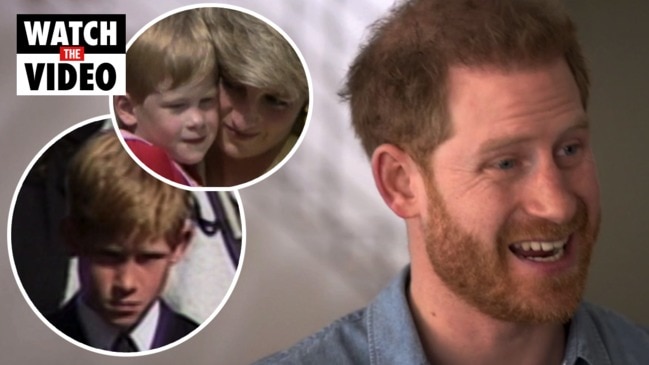
The Duke of Sussex said EMDR was a treatment he was “willing to experiment with” after undergoing regular therapy for almost five years.
EMDR, developed in the late 80s, has been endorsed by the World Health Organisation.
The therapist asks people to recall traumatic life experiences for short periods (15-30 seconds) while also moving their eyes back and forth or tapping their hands or listening to tones.
One theory is the eye movements specifically help the person to deal with traumatic memories at a biological and psychological level.
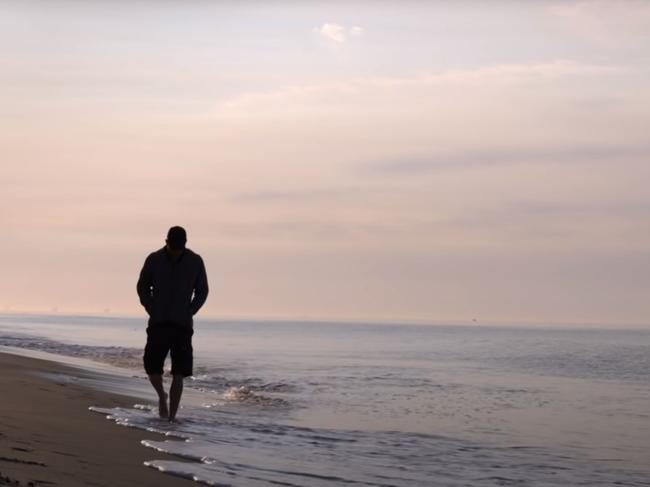
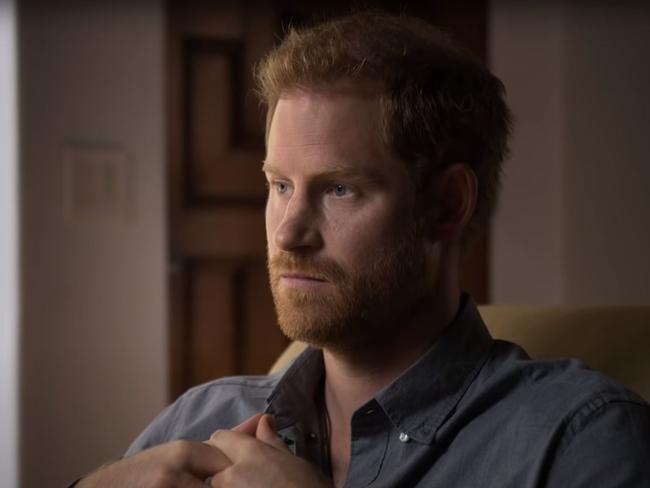
Another theory is the eye movements have no role in dealing with the trauma but simply help the person to expose themselves to disturbing memories.
It is similar to the way in which a teenager finds it easier to discuss problems while doing another activity like driving a car than when talking face-to-face with someone.
A review of the therapy for Beyond Blue by Professor Anthony Jorm and others from Melbourne University found “it is more effective than no treatment and several other treatments for Post Traumatic Stress Disorder.
Results were mixed about its role in treating panic disorder and it found “there is no evidence on whether EMDR works for social anxiety disorder”, the review said.
Sydney University psychiatrist Professor Ian Hickie said there was a good deal of scepticism about the therapy to start with.
“It has proved in clinical trials to be efficacious, at least for a proportion of people,” he said.
“It goes to the central issue about whether there are ways of eliciting the particular brain circuits that underpin traumatic experiences and traumatic memories, and assisting to rewire basically that circuitry.
“It goes back to an idea that basically in post traumatic stress disorders, people get stuck in certain circuitry, they have certain ideas and certain experiences and the linking of an event with a great deal of distress gets reinforced, gets stuck.
“It does appear to be a really useful strategy for at least some people.”
IF YOU NEED HELP PLEASE CALL:
Lifeline Australia – 13 11 14 (available 24/7)
Text 0477 13 11 14
Chat online: lifelife.org.au (7pm-midnight)
Kids Helpline – 1800 55 1800
Beyond Blue – 1300 224 636 (available 24/7)
More Coverage
Originally published as ‘Why do I feel so uncomfortable?’ Prince Harry reveals psychotherapy treatment in new Apple+ doco




